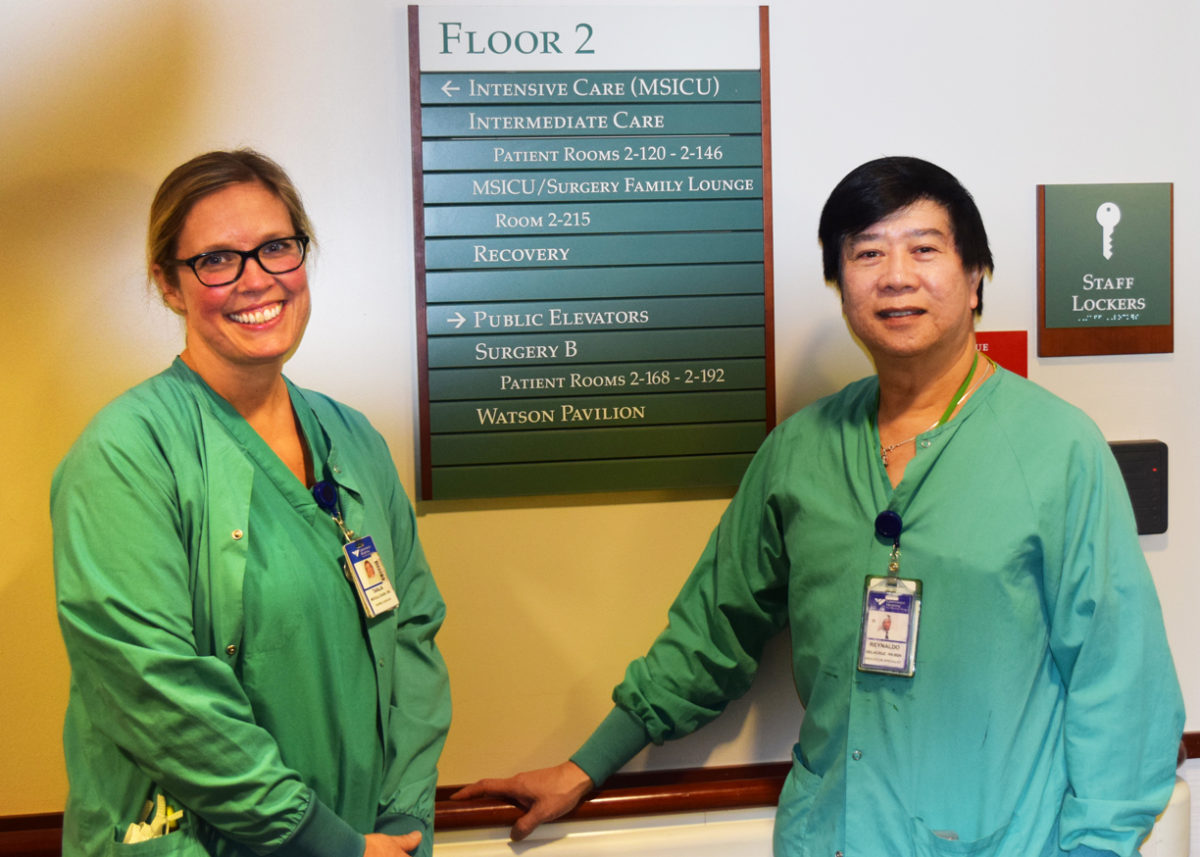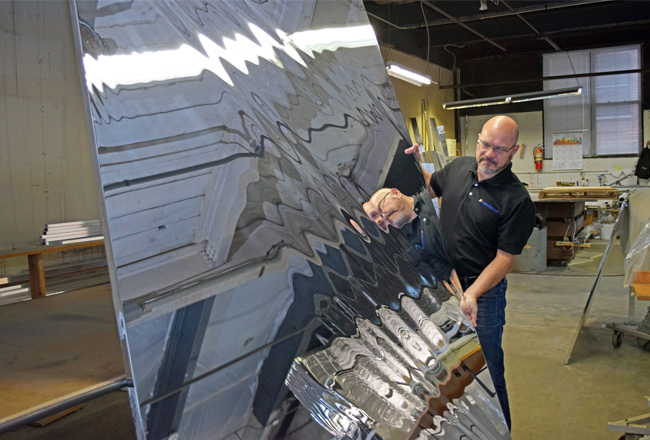Over the past few years, Greenwich Hospital found itself with a thorny problem: staffing gaps for experienced operating room nurses. Due to the complexities of an operating room nurse”™s work, filling those positions was difficult and the problem became more pronounced as the hospital began to see an increase in orthopedic and robotic surgeries.
“The experience we were looking for was not really there,” said Rey De La Cruz, a registered nurse who serves as an education specialist at the hospital. “Many nurses have general surgery experience and GYN experience, but we were looking for nurses with orthopedic, neurosurgery and robotic experience.”

Rather than look to outside sources for experienced operating room nurses, Greenwich Hospital opted to start an in-house initiative. In October 2016, the hospital”™s Perioperative Nurse Residency Program was launched with an initial cohort of six nurses. Perioperative refers to all phases of surgery, including preoperative, operating room and recovery.
“It is a 12-month program that offers lectures, video presentations, demonstrations of basic operating room skills, workshops for instrumentation and equipment and troubleshooting exercises,” said De La Cruz, the program”™s instructor. “The operating room has become complex and technologically advanced and it requires a lot of training and a lot of education.”
The residency program also includes physicians working with students as preceptor for all surgical specialties, including general surgery, gynecology, urology, orthopedics and ear, nose and throat. De La Cruz noted that the program had very specific professional requirements for potential participants.
“We wanted to get nurses with one to three years of medical surgical experience,” he said. “We”™re not offering it to new grads because nurses with medical and surgical experience have the preparation already for knowing how to take care of patients and they have the clinical expertise in assessing the patients. It was better for us to train people with that kind of experience. Perioperative nursing doesn”™t only deal with nursing in itself. The nurses in the operating room are taking care of the patients before coming to surgery, during the procedure and immediately after the surgical procedure.”
Although one nurse dropped out of the program when her family relocated, the remaining five completed their 12-month training and graduated in late January. Among the new operating room nurses was Tanja McCullough, who received her nursing degree in 2004.
“I have a background in outpatient surgical care and I was interested in getting the whole interoperative experience,” she said. “The training was amazing. Everybody has been so supportive. I asked questions and everyone was always so eager to jump in and help me, so I never felt alone. It was a once-in-a-lifetime experience.”
De La Cruz said the Greenwich Hospital residency program differs from similar training programs offered elsewhere in that it is “geared towards hiring.”
“Perioperative programs in other parts of the country are like going to school,” he said. “You have to pay certain amount of money to be part of the training, but you are not guaranteed a job. We are doing this because we have positions. Our residency training for the operating room is geared towards hiring. Not only is it a win-win situation, but we train them the way we want them to work.”
Greenwich Hospital is accepting applications for a second cohort for the program. De La Cruz was uncertain whether the program will be offered annually. With 38 operating room nurses now on call, projected staffing needs have been met, he said.






















